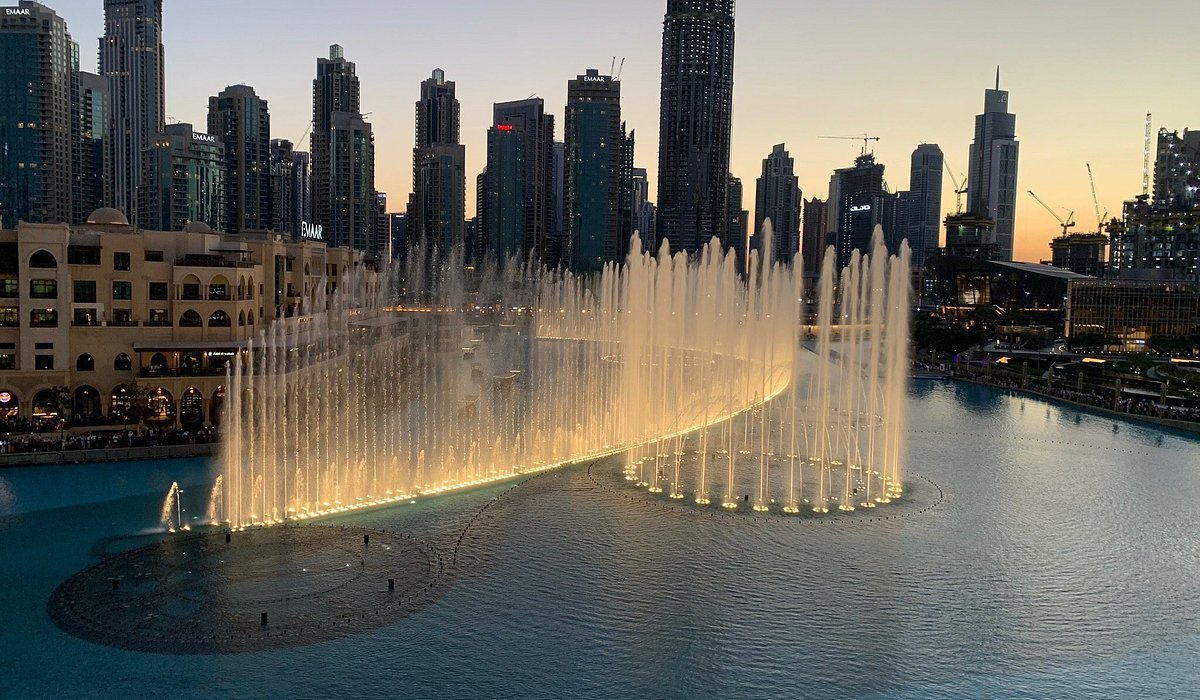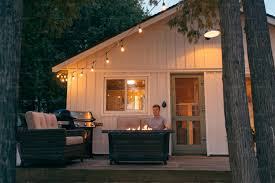Now Reading: New Dubai Rules Could Impact Your Airbnb Plans – Know This First!
-
01
New Dubai Rules Could Impact Your Airbnb Plans – Know This First!
New Dubai Rules Could Impact Your Airbnb Plans – Know This First!

Dubai is one of the world’s most popular tourist destinations, with millions of travelers visiting every year. Thanks to its beautiful beaches, modern skyline, and cultural experiences, many people choose to stay in holiday homes or short-term rental apartments instead of hotels.
But if you’re thinking about hosting on Airbnb or staying in a vacation rental, it’s important to know the rules. Dubai has clear laws and regulations for short-term rentals to keep things safe, fair, and enjoyable for everyone.
In this article, we’ll explain the latest rules, who they apply to, how to register a holiday home, and what both property owners and visitors need to keep in mind.
What Is a Short-Term Rental or Holiday Home?

A short-term rental (also called a holiday home) is a fully furnished apartment or villa rented out for a short stay—usually from one night to a few weeks. These properties are often listed on platforms like Airbnb, Booking.com, and similar websites.
In Dubai, short-term rentals are legal—but they must follow specific rules set by the Department of Economy and Tourism (DET).
Who Can Offer Holiday Homes in Dubai?

In Dubai, both individual homeowners and licensed companies can rent out properties as holiday homes. However, they must:
- Register with the Dubai Department of Economy and Tourism (DET)
- Obtain a Holiday Home License
- Ensure the property meets safety, cleanliness, and maintenance standards
You don’t need to be a UAE citizen or resident, but you must own the property or have written permission from the property owner to rent it.
How to Register a Holiday Home in Dubai

To register your property as a short-term rental, follow these steps:
- Create an account on the Holiday Homes system via the DET portal.
Website: https://hh.dtcm.gov.ae - Provide documents, including:
- Emirates ID or passport copy
- Title deed of the property
- Ejari (tenancy contract), if applicable
- Owner’s permission, if you’re managing someone else’s property
- Pay the license fees.
The basic license fee is around AED 1,500 per unit per year (subject to change). - Receive your permit and classification.
Your property will be classified as Standard or Deluxe, depending on size, amenities, and features.
Good to know: You must renew your license every year. Operating without one can result in heavy fines.
What Are the Key Rules and Restrictions?
Dubai has specific regulations to ensure the safety of visitors and the quality of rentals. Here are the main ones:
1. No Subletting Without Permission
Only property owners or authorized tenants can list a holiday home. Subletting without approval is illegal.
2. Guests Must Be Registered
Hosts must register guests’ information through the DET portal, including passport or Emirates ID details.
3. Maximum Occupancy Limits
The number of guests per unit is limited, usually:
- 2 guests per bedroom, plus
- 1 additional person per apartment or villa
For example, a 2-bedroom unit can host up to 5 people.
4. No Disturbance Allowed
Loud parties, noise, or inappropriate behavior can lead to complaints and possible suspension of your license.
5. Fire Safety and Furnishing Standards
Properties must have working smoke detectors, fire extinguishers, and be fully furnished with basic household items.
What About Apartment Buildings and Villas?
Not all buildings or communities in Dubai allow short-term rentals. Before listing a property:
- Check with the building management or homeowners’ association (HOA)
- Get written no-objection certificates (NOCs) if required
- Some communities like Dubai Marina, Jumeirah Beach Residence (JBR), and Downtown Dubai are more flexible
- Other areas may have restrictions or require added approvals
Fines for Non-Compliance
Dubai takes rental laws seriously. If you rent out a property without proper registration or break the rules, you could face:
- Fines up to AED 100,000
- Cancellation of your rental license
- Ban from listing on platforms like Airbnb or Booking.com
What Visitors Need to Know
If you’re a tourist or visitor staying in a holiday home in Dubai:
- Make sure the rental is licensed – ask the host to share their permit number
- You’ll be asked to provide your passport or Emirates ID at check-in
- You’ll also pay a Tourism Dirham fee—usually AED 10 to AED 15 per room per night
What’s New in 2025?
Dubai continues to improve the short-term rental market. Some of the latest updates include:
- Digital check-in and check-out systems for easier guest registration
- Stricter inspection rules to ensure health, safety, and cleanliness
- Community-based complaints tracking, allowing residents to report violations directly through the DET app
- Green certification options for eco-friendly holiday homes
These changes aim to support sustainable tourism and enhance guest satisfaction.
Summary: Hosting or Booking? Follow These Rules
Dubai welcomes holiday home rentals—but both hosts and guests must follow the rules to avoid problems. Whether you’re an investor, resident, or tourist, keeping up with the latest regulations helps ensure a smooth, safe, and legal short-term rental experience.
Quick FAQs
Q: Can I rent out a property I’m renting?
A: Only if your tenancy contract allows subletting and you have written permission from the owner.
Q: Do I need a separate license for each unit?
A: Yes, every property listed must be registered individually with the DET.
Q: Can tourists stay in unlicensed properties?
A: No. It’s risky and may be illegal. Always book licensed accommodations.
Read More:- Shobha Realty Launches Its Most Luxurious Project Yet—Full Details Inside 2025






















